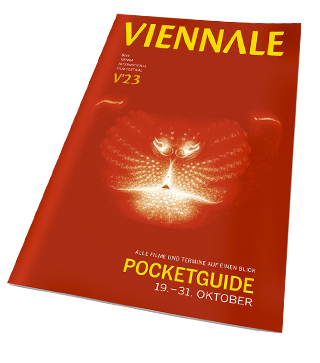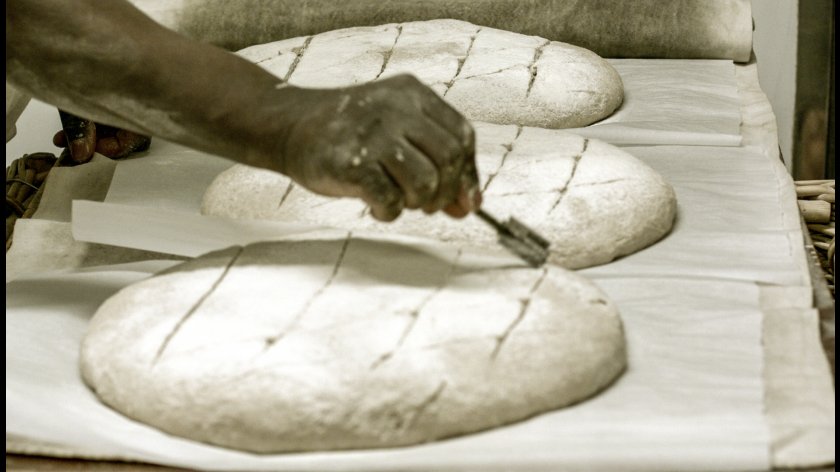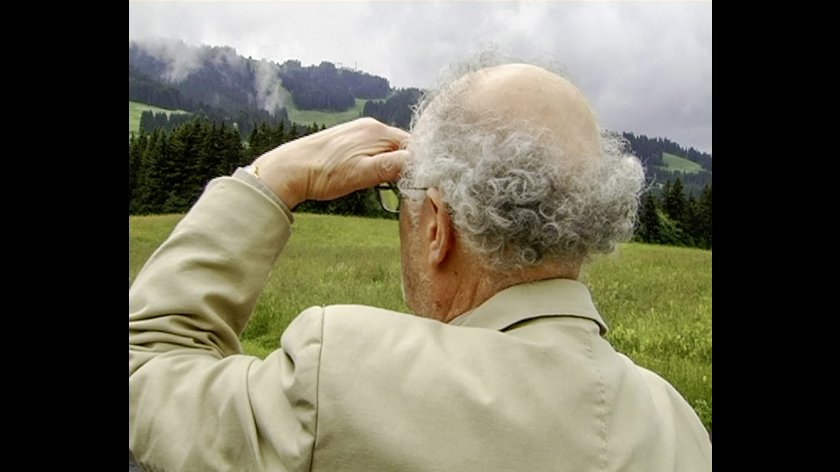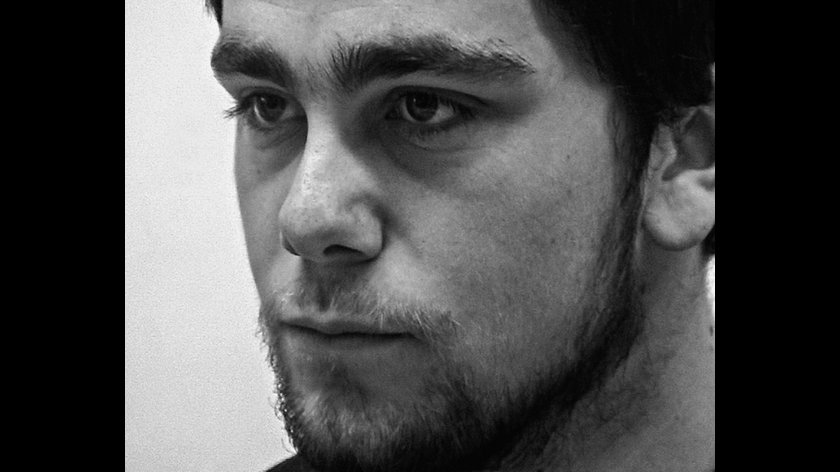Secteur 545
Sector 545
Zu den vielen landwirtschaftlichen Tätigkeiten, die dieser Filmemacher ausgeübt hat, zählt auch die des peseurs, der morgens und abends die Produktion der Milchkühe messen muss. Pierre Creton hält mit der Kamera fest, wie er 2004 für den „Secteur 545“ zuständig ist. Er ist zugleich Zeuge und Akteur in diesem fast klassischen, schwarzweißen Stück Cinéma verité, das ein lebendiges, ungemein facettenreiches Bild vom Landleben in der Normandie zeichnet. Creton ist fasziniert von den Geräuschen dieser Arbeitswelt, den natürlichen wie mechanischen. Als roter Faden zieht sich eine so einfache wie komplizierte Frage durch den Film, die tief an das Selbstverständnis der Milchbauern rührt: Gibt es einen Unterschied zwischen Mensch und Tier? Noch ein weiteres Lebensthema Cretons verhandelt der Film: die Rolle, welche die Kunst in dieser Welt spielen könnte. Die Skulptur, die eine Freundin derweil von Pierres Arbeitgeber anfertigt, gibt eine hoffnungsvolle Antwort. Der kurze Interviewessay UNE SAISON handelt von einer anderen Arbeit: der an Beziehungen. (Gerhard Midding)
In Anwesenheit von Pierre Creton und Vincent Barré.
Mit UNE SAISON (ONCE UPON A SEASON).
In Pays de Caux, the “secteur 545” refers to the limits within which Creton, a weigher for the dairy inspection office, works for the cattle raisers who request his services. Both an actor (in the sense of somebody who takes action) and a witness, the filmmaker records the moments of rural life far away from picturesque clichés. His informality, his attention and his patience allow for a few questions to sneak in amid all the cows. One of them, explicitly, serves as a red thread: human and animal, what’s the difference? Nowhere near the narrowness of an investigative spirit, this film, with its metaphysical accents, marries humor, respect, and the mysteries that rural life still has in stock. (Jean-Pierre Rehm)
"SECTEUR 545 was my first film selected for a festival and to be shown in theaters. This changed my life financially. I continued to work at the dairy inspection office, and I also milked cows on weekends at a farm, working as a cowherd. An abrupt change was having to go to theaters to present the film, which involved leaving my house, leaving my animals and my backyard behind. I had a religious upbringing that I had forgotten all about except for the disconcerting poverty. However, it must have left its mark on me, which the film probably gives away: the carnal nature, the compassion. Kafka, asked by Janouck: “Does poetry care about religion?” responds: “I wouldn’t say that, but it certainly cares about prayer.” And, contrasting literature and poetry, Kafka adds: “Literature tries to show things in a pleasant light: poets are forced to address them in the realm of truth, purity, and duration ...” For my part, here is what I would say about cinema: showing life in a particular light, all the way to inspiration, to grace, maybe.” (Pierre Creton)
In the presence of Pierre Creton and Vincent Barré.
With UNE SAISON (ONCE UPON A SEASON).
- Pierre Creton
- Jean-Christophe Leforestier
- Pierre Creton
- Pierre Creton
- Jean-François Plouard
- Cécile Raynal
- Züchter vom Gebiet 545




